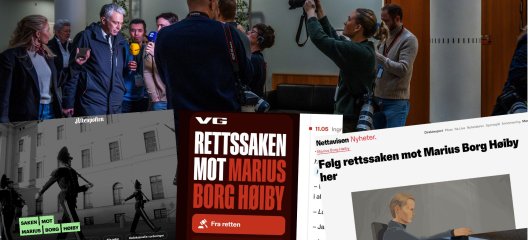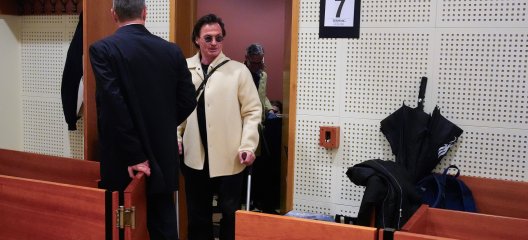The Norwegian Regjeringsadvokaten complains in a letter to the European Court of Human Rights that the information about Norway’s crushing defeat in the landmark case Strand Lobben regarding the forced adoption of a child against the mother’s will had been made public prematurely. This is, of course, an unacceptable occurrence. However, RA’s concern about the integrity of the European Court of Human Rights is not very credible, and certainly not consistent. Complaints about certain illegal actions before the EFTA Court in the recent past have not been heard from the RA.
• The RA had no critical comment when the Norwegian government tried to shorten the term of an EFTA Court judge from 6 to 3 years in 2016.
• The RA had nothing to say when the Norwegian judge at the EFTA Court in May 2019 was reported to have broken his oath to keep the secrecy of the deliberations vis-à-vis the Norwegian Chief Justice in the Fosen fiasco.
• The RA remained silent, literally, both before and at the hearing in Fosen II when the matter of alleged bias in the composition of the EFTA Court bench was raised.
• And the RA also had kept quiet as the decision by which the judges of the EFTA Court acquitted each other from the accusation of bias was covert and when it became clear after that decision’s disclosure that any statement of reasons was lacking. Something that makes this decision a non-decision.
Yet, the RA shouted from the rooftops about the premature comment on the Lobben judgment by a leading academic. The questions beg themselves: Why the noise here and the silence there? Is it only that here the case was lost, whereas there the case was (formally) won?
In other countries, one would speak of smears and smokescreens. The RA’s real concern appears to be that the Norwegian State should be right at all times and in every respect. This could be a laudable aim for a private party. But the representative of the State must also have the common good in mind. Those who are interested may watch the video of the oral proceedings of the Grand Chamber of the European Court of Human Rights in the Lobben case. There one can observe the tactics and strategies deployed by counsel. Mr. Sejersted pleaded in person on behalf of the Government of Norway. There is not much legal argument, and the line of reasoning is largely political and marked by self-righteousness. This attitude didn’t work in Strasbourg as it didn’t in the old EFTA Court. But it may work in some Norwegian courts with judges who have been socialized with the RA.
Private operators, those who create wealth, and their legal representatives have cause to be worried. A democratic society can only survive if there are sufficient checks and balances. This includes independent and impartial courts as well as independent scholars.
One should hope that this will also involve dispassionate advice from a State Attorney to his client, the Government.






.png)

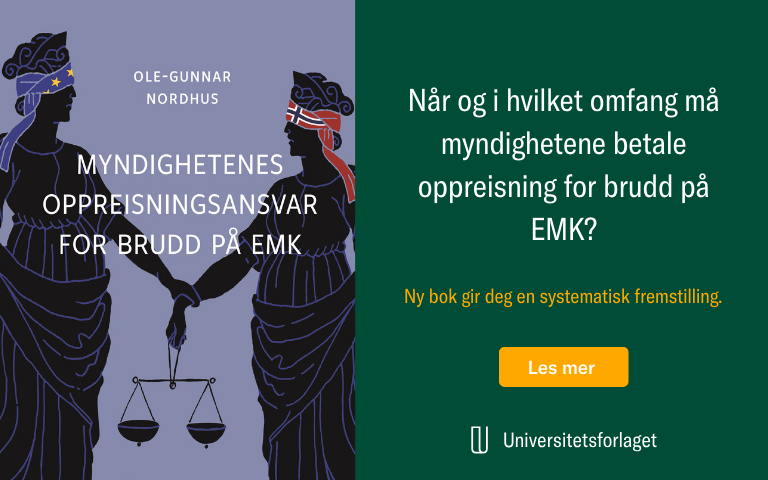
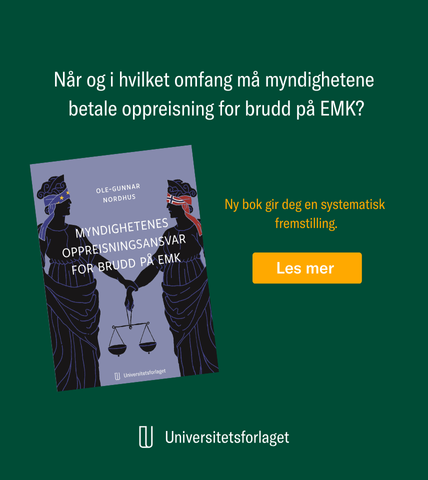
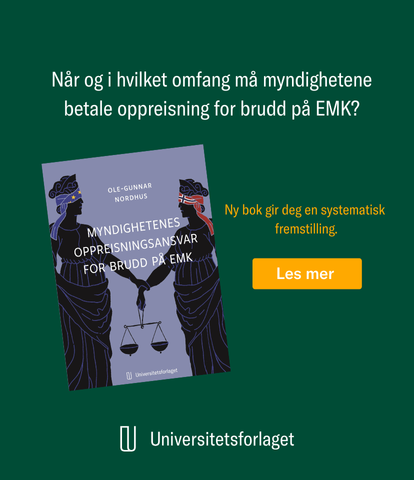

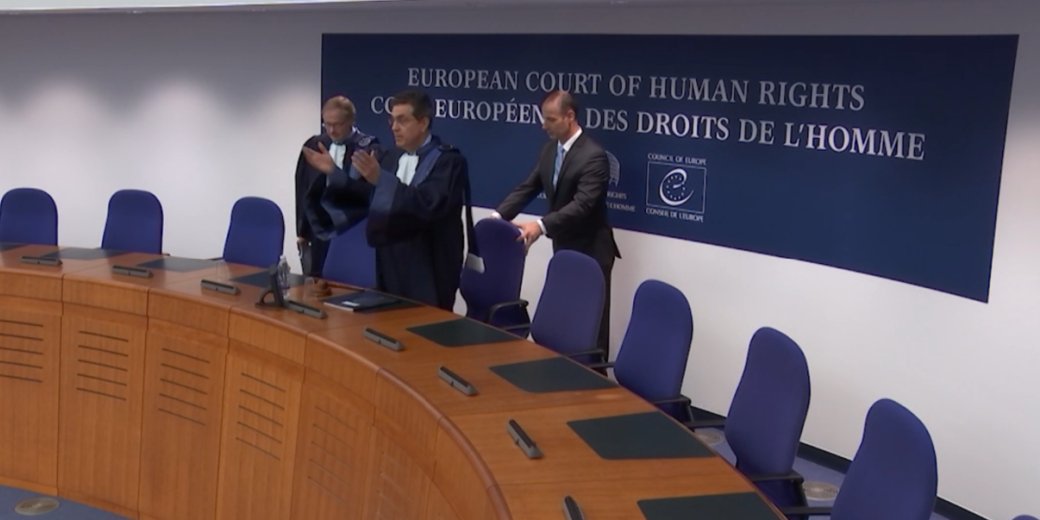










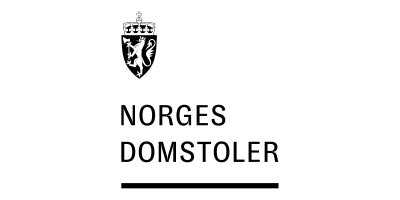

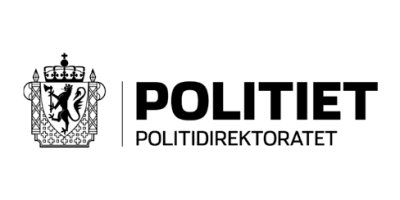
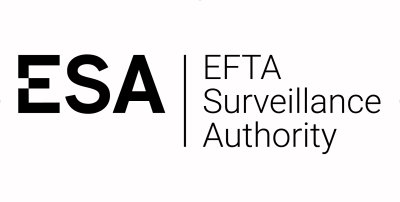
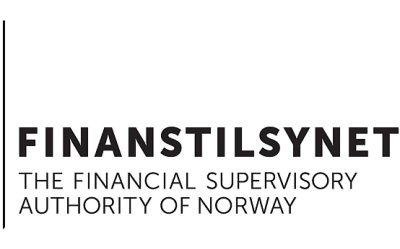
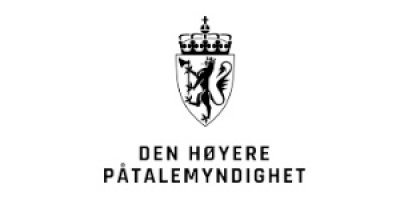
.jpg.jpeg?quality=85)



